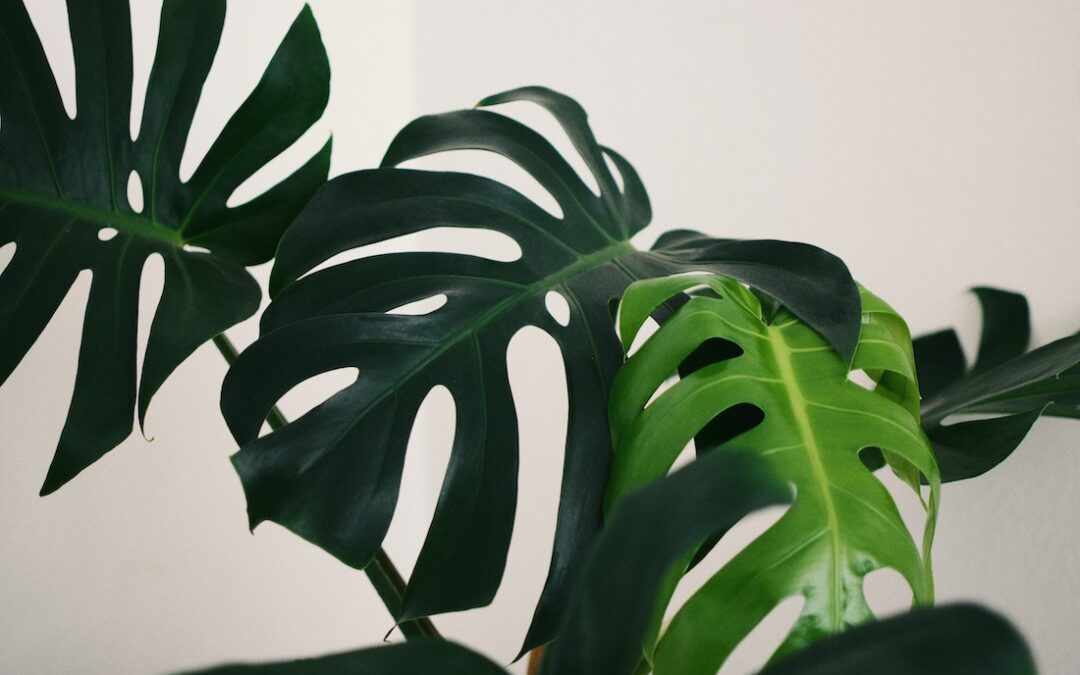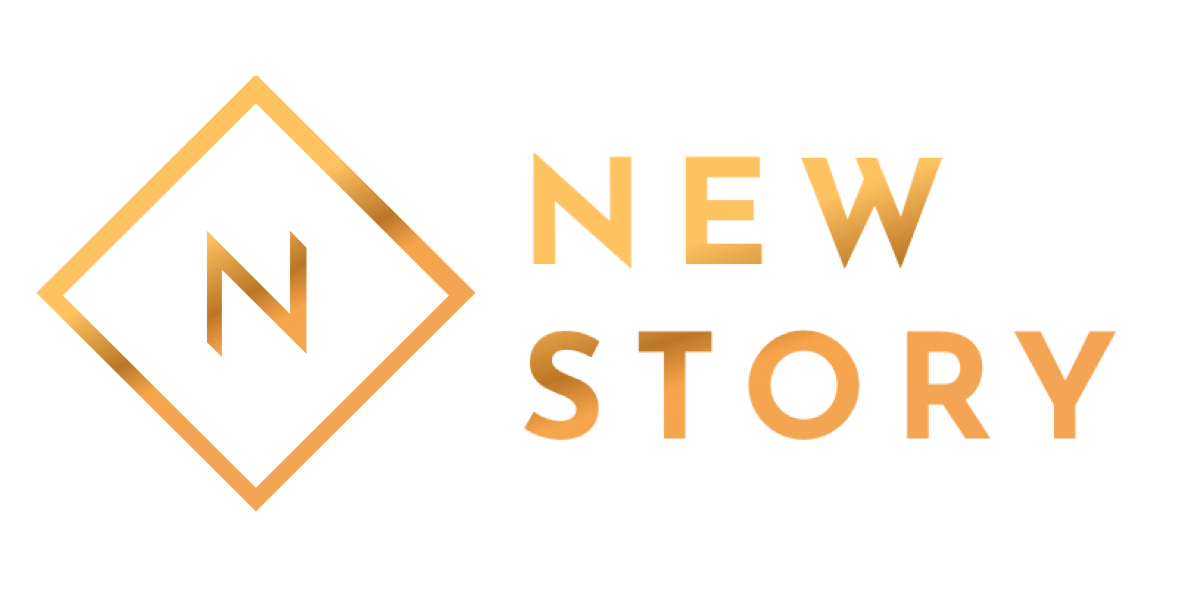Questions covered in this show:
- How would you define ‘green’ or ‘sustainable?’
- How does that affect how you live? How do you integrate it into your life?
- What drives you in this direction?
- What’s your WHY behind sustainability?
- Was there a crisis point that drove you to look for a better way?
- How did you integrate this mindset into your business?
- Who is doing a good job of living or doing business this way?
- What is ONE THING you could do tomorrow to start living more sustainably?
Kevin: Welcome to Supercharged, a podcast focusing on the how and why of renewable energy and the passion behind the movement. Our conversations are a thoughtful journey through renewable energy, sustainability, and an integrated lifestyle.
This is Kevin Pruitt with the pilot episode of Supercharged Green, the podcast that talks about how to integrate this sustainable lifestyle into everything you do. I couldn’t think of a better person to start our pilot episode than my friend Katy Ward.
It is great to see you again. And I just want to start off with the basic question:
How would you define ‘green’ or ‘sustainable?’
Katy: I think the easiest way to understand it is when we look at nature, at a regular ecosystem, nothing is wasted. No energy is wasted, you know, the soil grows, the trees make leaves, the leaves die, they become soil. It’s this beautiful closed system with all kinds of various life, but nothing is wasted.
Even though we’ve created a magnificent civilization, we’re still a part of that nature. I think it’s easy to think about sustainability as “being nice to the earth” in kind a cartoony Captain Planet kind of way. But when I think about defining it, I think about it in terms of “what would life be like if everything we consumed and did and created was a closed system, and our outputs benefit someone else, and their outputs benefit the ecosystem too?
And also that is really, really possible because nature is doing it around us all the time. That’s how I define it.
Kevin: I have heard so many people try to define this and to fight on their own terms, I have yet to hear such a succinct and clear definition, being a closed system. I love that metaphor.
So how do you think that affects how you live? How do you integrate that in your own life?
What would life be like if everything we consumed and did and created was a closed system, where our outputs benefit someone else…just like in nature?
One other little caveat about sustainability. Sustainability isn’t necessarily just planet and going green. Because we’re humans, it also involves social. So we talk about social impact and social justice and activism and sustainability, which includes “can we live lives with each other that are mutually beneficial?”
And so kind of in those realms, for me, it started with… Honestly, I didn’t really start thinking about it as a life orientation until I learned about composting.
And it just struck me how we’re the only species on Earth whose waste doesn’t go back to the soil. And it’s really simple to compost. Now if I have to throw banana in the garbage I have this visceral, you know, reaction. But that’s one of the things that is really simple.
And then I love the game of finding things that I’m going to use, whether it’s clothing or furniture or, you know, a blow dryer, whatever it is, that someone’s used already. To me, they have more of a story. And there’s just so much stuff in circulation already.
So those are some practical things. And then on the other side, my work, I’m a copywriter and a brand strategist. I work with sustainable companies. Whether it’s product companies that have really Fair Trade and positive sourcing or it’s personalities who are all about transforming your mindset– I still find that working on the mindset of people helps to bring them to a level of awareness.
So, even the personal work I’ve done on myself to interact with other people with more awareness, I would call sustainable. Making my life and my existence, my ability to give more value more than I take, is is is also more sustainable.
And then the last one is I just started last year, in the middle of the pandemic, I started a newsletter and kind of online magazine about how our systems seem to be breaking… we have this virus and the way that life worked before is not serving in all the ways it did, and what is going on?!
So I just started to dig into now that. Our eyes have been opened to the end of the usefulness of our current systems.
- What is the new way to do things?
- What if we could do things more sustainably, from thinking more sustainably, to relating to each other, to how we buy?
Redoing the whole gamut.
It’s called Reset Return, and I’ll talk about it more as we go on, but that was the other way to keep myself informed: the research I have to do to maintain the magazine and newsletter.
Kevin: I would agree with you. But how do people internalize this drive, what’s the why? Why this is important.
What gets you out of bed in the morning? What drives you in this direction?
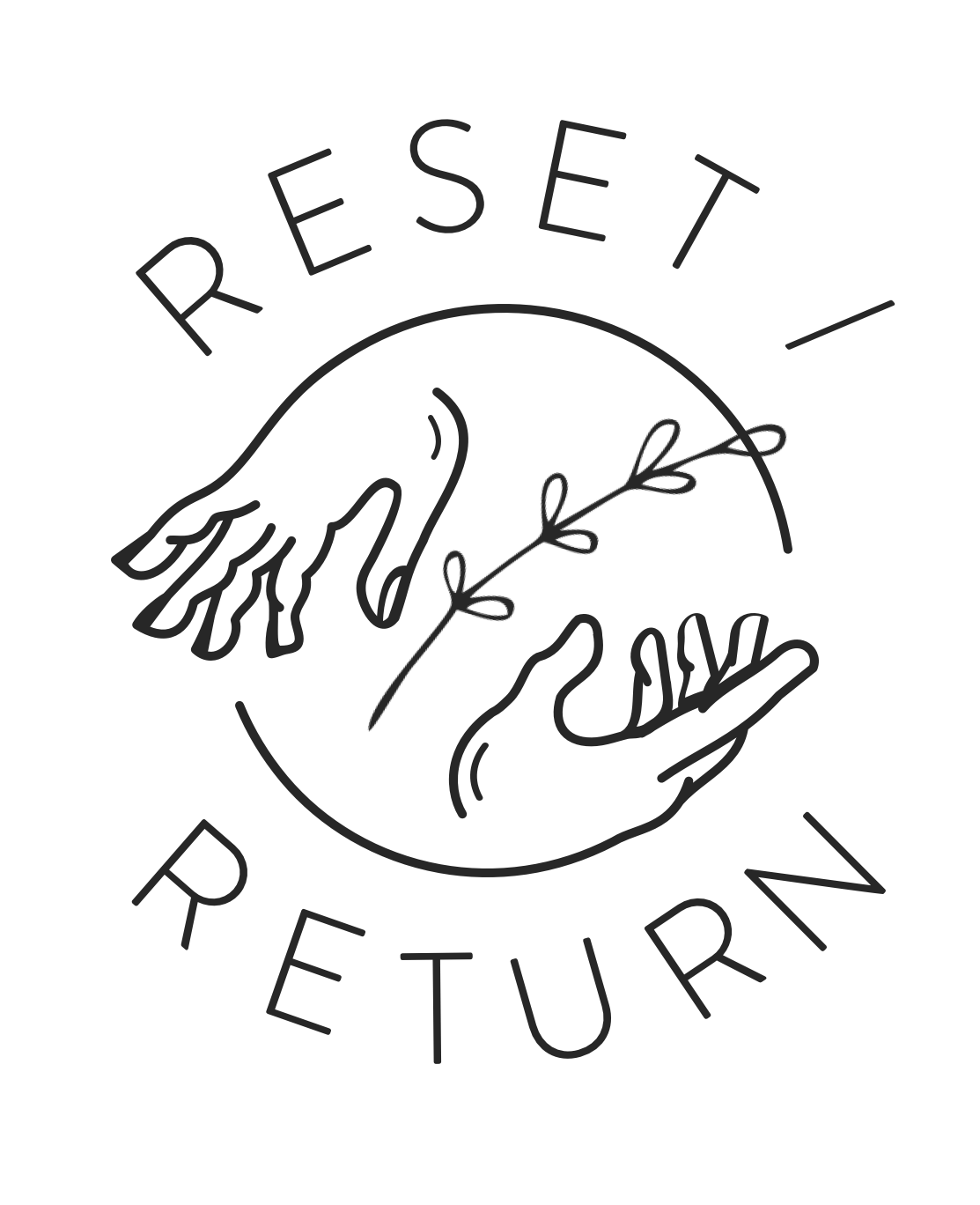
Katy: That’s the best question. I think there is there’s a fundamental shift in mindset. And I’ll paint the picture of it.
So what we’re used to is an industrial, Western, and consumerism-driven mindset. And the values there are progress, individuality, and achievement, and convenience, quite a bit. That set of values and that mindset, although it’s led us to unimaginable technology and convenience, at the same time as a culture we’ve increasingly become sicker, more reliant on prescription medication, more anxious, more depressed, sleeping less, you name it. Those values are not leading us to a place of wellbeing.
So it’s interesting that the climate crisis has become a crisis in the public eye now. And it has paced with this rise in anxiety, depression– all these things that are plaguing people that really are not normal, though we think of them as normal now. But they’re really not.
So what is the mindset shift that it takes to go from industrial consumerism to a totally new mindset– one that is oriented to giving more value than we take, and genuine harmony.
My why is that I really believe that it’s possible to live sustainably and have that harmony, and to be able to savor physical existence on the planet, as well as the relational, emotional, all the other kinds of experiences that we have.
That as a sustainable way of living and thinking and being, and it actually leads us to more fulfillment and wholeness and balance and less stress.
And so my why is that cultural shift, that mindset shift that is the inside-out transformation that I think people are starting to reach for. That’s why it’s a conversation. Think that’s why the pandemic was such a powerful catalyst for people to see that this whole industrial paradigm has been useful, but there’s got to be more.
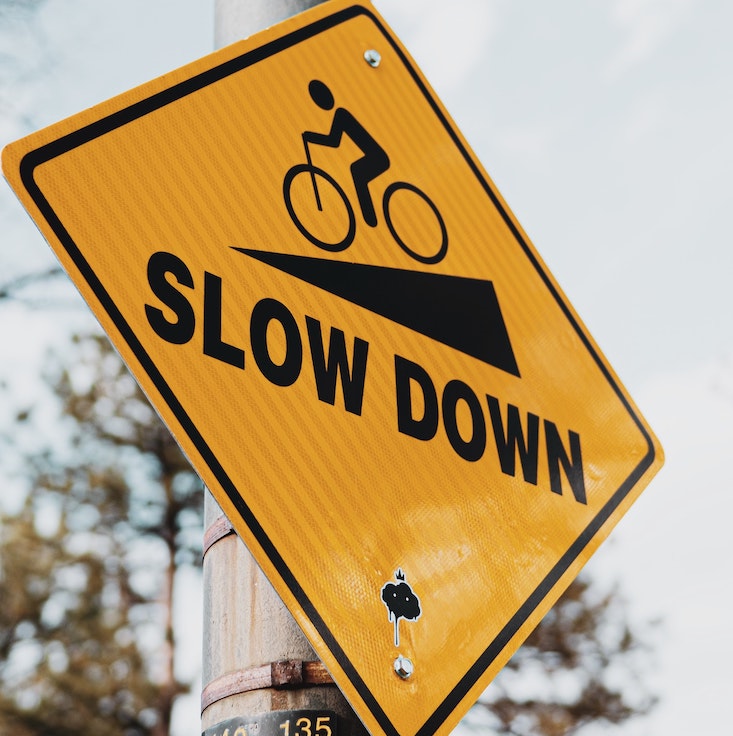
Photo via Unsplash.com
Kevin: Yeah absolutely. I knew that I needed to ask you to be the first guest on this podcast, but I had no idea that the depth that you were going to start on peeling those layers. I love the way you walk your talk: you didn’t come on here and go, “you need to recycle.”
The screaming message is “take care of the planet,” you know, but it seems to be so much more than that in your life.
Katy: Yeah, if it’s possible to live a deeply fulfilling life that’s healthy in all forms, then I want to find out how. What I notice in taking that mindset on is this weird standard of “normal:” relationships that don’t work, mental and emotional health issues, physical health issues, (which I’ve had my fair share of). All of those things to say, it only drives this question for me, “Okay, humans, if we can invent what we’ve invented so far, than we can innovate a way to have a fulfilling existence that’s in alignment with nature!” Logically, it follows that we wouldn’t be more unhealthy living closer to the designs of nature.
Kevin:
Was there a time in your life that you can look back and say, “I had this major crisis that caused me to wake up and say there’s got to be a better way?”

Photo via Unsplash.com
Yeah, there’s been a few. I have the most wonderful family. I’m crazy about my family, we’re really close. But my parents didn’t stay together. So as a young person, I remember making this vow where I was like, all right, there must be things that we don’t see about ourselves that get in the way, even when we have the best intentions. That led me on this journey of studying communication. Now I’m a copywriter and a brand strategist. I have my own faith journey that has led to a lot of optimistic or idealistic thinking that is partially faith.
It’s partially also my study of the hero’s journey. I probably told you about it before, but just how many stories you have the hero, and really what drives them is this internal. There’s an external problem, but there’s an internal longing for something to be whole again. That’s part of where my drive for impact and social justice comes from.
The climate crisis is the coolest Hero’s Journey ever, because it’s the first time in human history where every continent of human beings has been called to one mission: don’t burn up the planet.
To have one rallying cry that is critically urgent, for all of us is like a movie! I’ve always viewed life that way as this epic story where you can become the hero.
And so when I started to look at sustainability impact, I remember thinking, man, this whole sustainability movement has just been branded the wrong way. Because it seems like humans are the bad guys and Earth is the victim. That’s not a very compelling story.
But when we think about humans as the heroes of this epic character development, to rise above our past mindsets and our fear, and instead move toward something that actually makes us all happier… Sounds like a great story to me.
Photo via Unsplash.com
Kevin: Absolutely. And this has influenced how you framed your business. So let’s talk about that.
How did you create your business based on this value system?
Well, out of the gate from college, I would have lived under a bridge before I took a job that I was not going to be passionate about, honestly. Which meant a lot of chaos for a while for me, but worthy chaos. Initially, I thought about working with nonprofits because I want to do something purposeful and impactful. But I remember having a mentor who ran a company that was an events business and starting to learn about how business works. When I tried to work with nonprofits and then was learning about how business works, there was a gap in sustainability for me: How can you change the world with something that is that isn’t a closed system? Nonprofits are critical and really important, you know, I don’t have anything bad to say about them. But it still left something for me to discover about a new way of doing things.
So I ended up in San Diego, going to this event where there was a representative talking about a new way to incorporate your business as a Public Benefit Corporation. He was talking about the fourth sector: the government is one sector, nonprofits are another sector, and businesses are the third, then the fourth sector is this combination of nonprofit and business where you have a profit bottom line, but you also have a social and environmental bottom line. A triple bottom line, right? I learned that it could actually be incorporated into a business model.
So as soon as I saw that talk, it was like light bulbs, fireworks, got it. This is it. I’m going to do branding, I’m going to write for this kind of business.
Ultimately, that had the most purpose for me, because I started to look at media and brands as the most influential voices in our culture. More than religion or hometown or family, it was media that was infiltrating our thoughts the most. So I think, if I can amplify the voices of the companies that are teaching this mindset of sustainability and awareness by giving value and creating value, then that’s the way to influence culture. It’s by helping those brands.
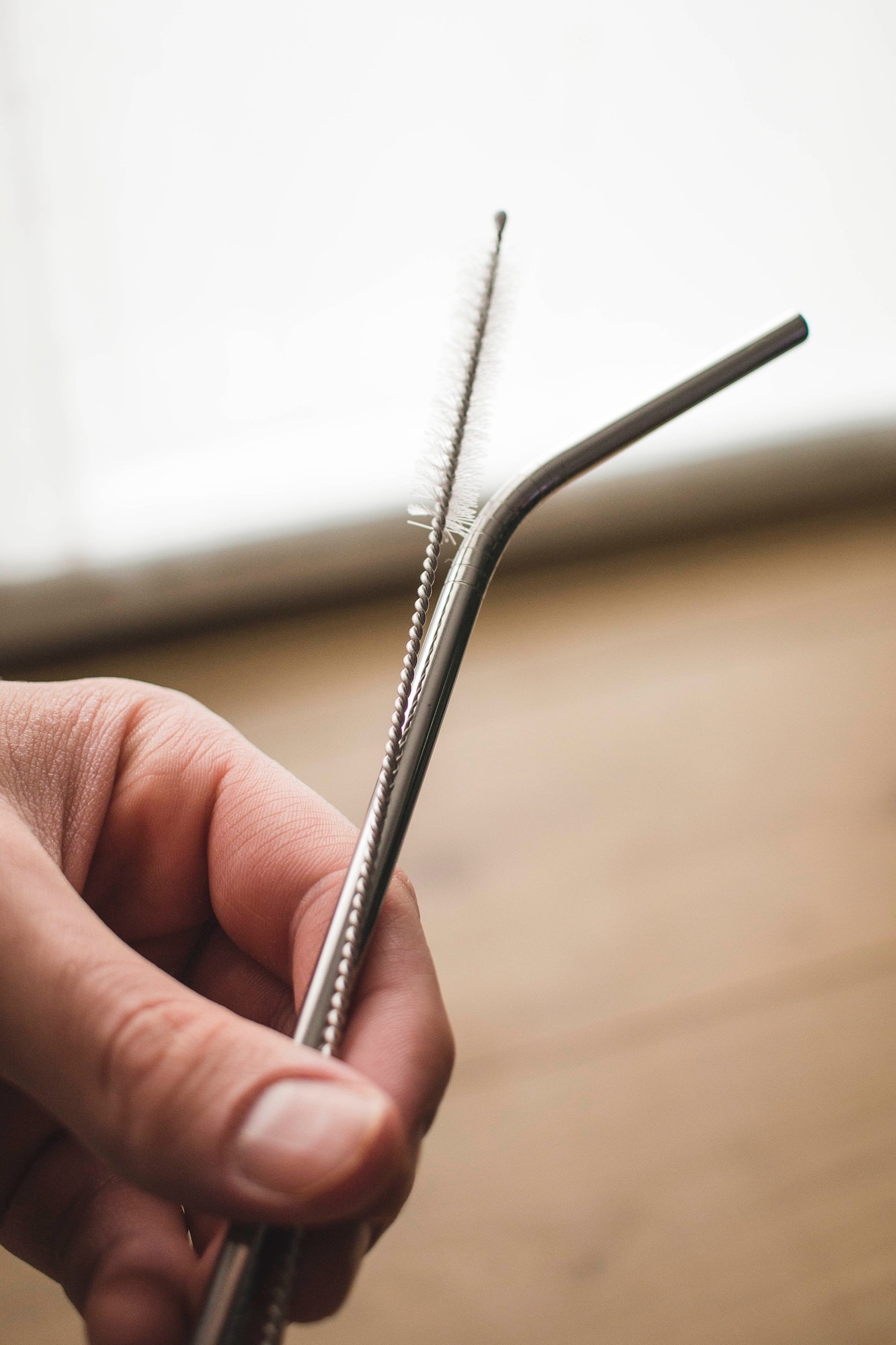
Photo via Unsplash.com
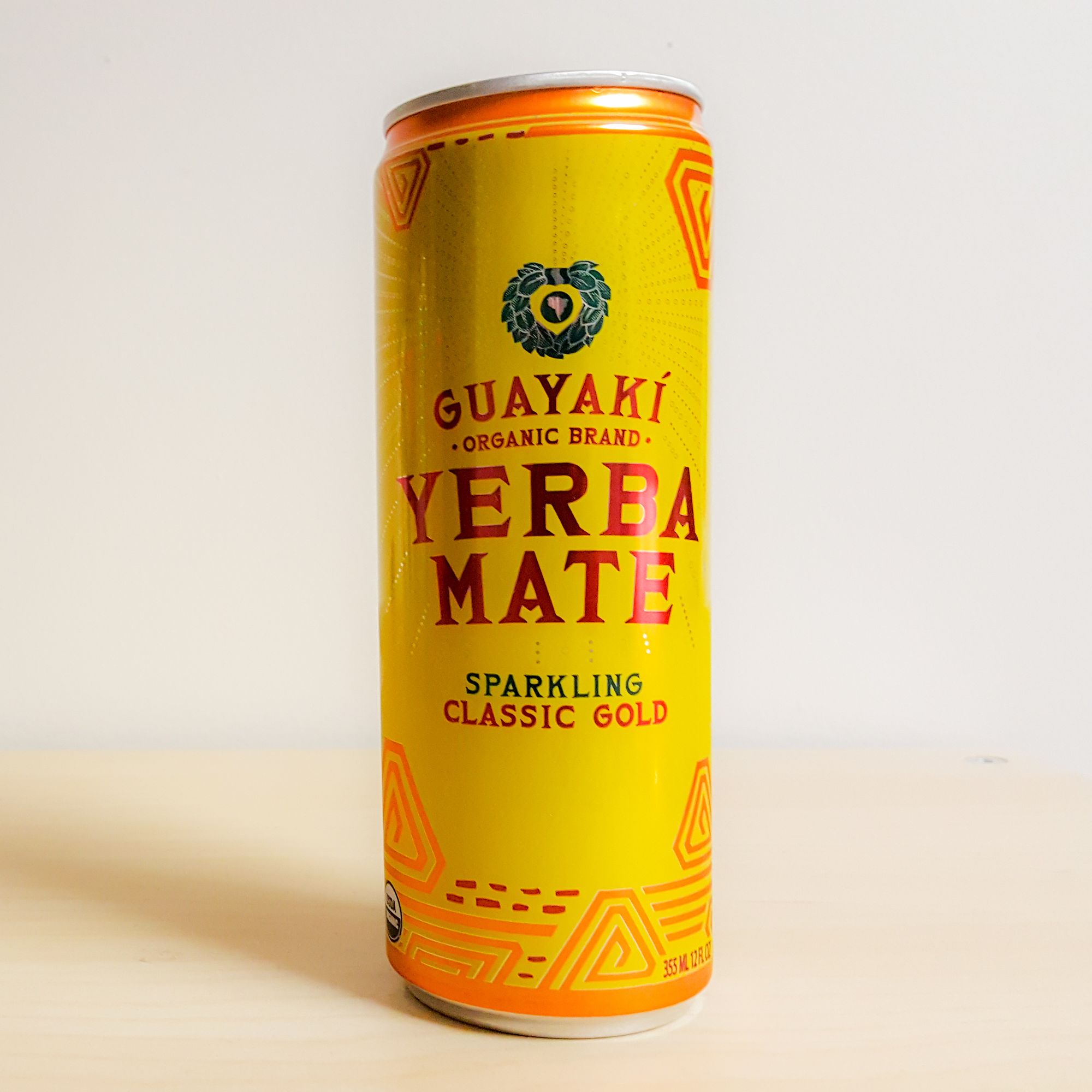
Photo via guayaki.com
Kevin: that’s a great segue as we’re starting to wrap this up today:
Who do you think is doing this well?
Katy: I just watched this documentary called seeding change. And it was made by a group of companies that came together, like Sambazon, Guyaki Yerba Mate, Numi Tea, they’re all in there. Take Sambazon acai for example: by switching from Palm Tree harvesting to this berry harvesting, they were able to keep the forest in place and provide for multiple communities. It ended up being more profitable throughout the whole supply chain. Each of those businesses had a model like that, where they chose a product that saved the environment and supported the people. On the product side, I think that’s really inspiring.
Also, Reformation is a clothing brand based out of L.A., and you know fashion is the number two worst for a planet after oil. So Reformation comes along, and they have beautiful clothing, but they have a vertically integrated supply chain– they own every part of their supply chain. Their factory in L.A. is renewable-energy-based. And there’s like a garden at the factory and their fabric is deadstock and recycled fabric from past lines that they’ve done and vintage fabric. Just the level of creativity that Reformation and many other companies have gone to, to reuse and also support people that need work.
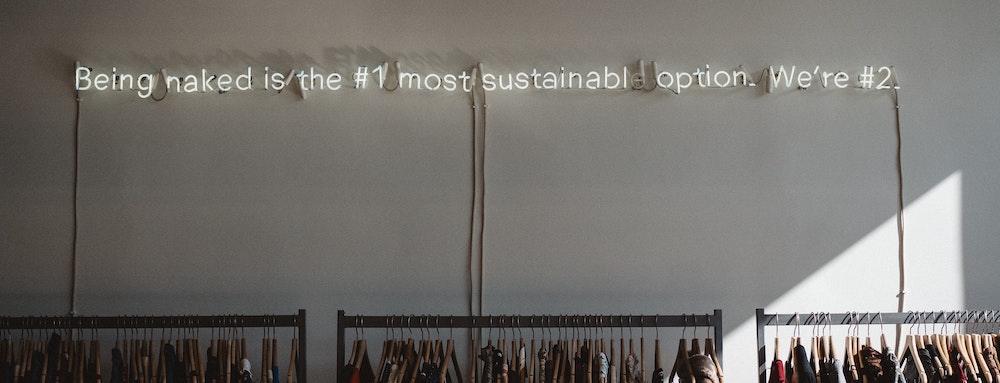
Photo via Unsplash.com | Below Right: Tskies.com | Below left: Patagonia.com
A couple of my clients, too: I have a jewelry company client and their stand is for, representing Native American art and Southwestern art without appropriating? That’s a big one, too.
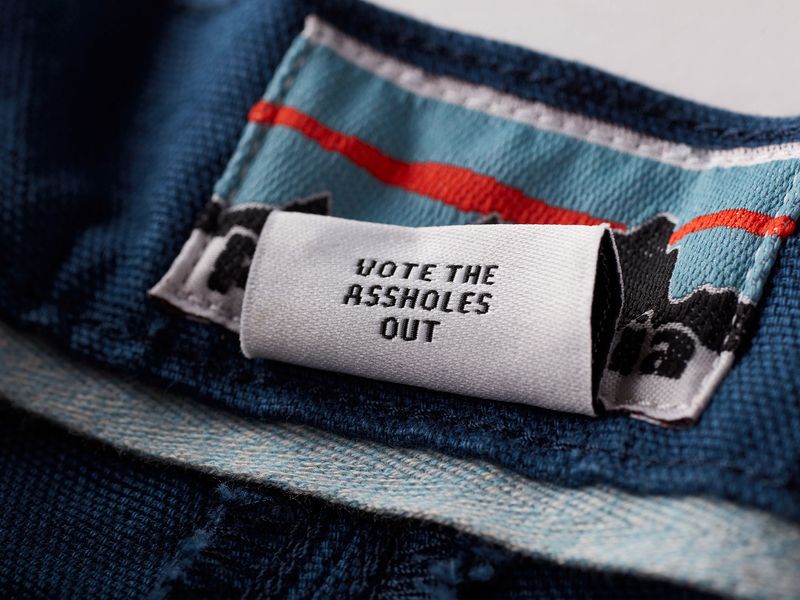
And then, of course, there’s Patagonia. I just think one of the reasons I respect Patagonia and Ben and Jerry’s as well is, first of all, they’re both B Corps (B Corp is the great umbrella of where to find these companies). But those two specifically have dared to take on political and social rights issues as well. And their findings have been that even though people have threatened to boycott and stop buying their stuff, their core buyers actually appreciate that they’re taking a stand for fair voting rights and not destroying monuments and national parks and things that they care about.
Kevin: Yeah. I mean, you talk about the triple bottom line, the to the way to influence people is often through excellence, you know, make excellent products and make excellent art, which, by the way listeners, I encourage you to look up Katy’s art, it’s superb. But as we wrap up today:
What is one positive thing that our listeners could do that you think would affect their mindset and have an impact??
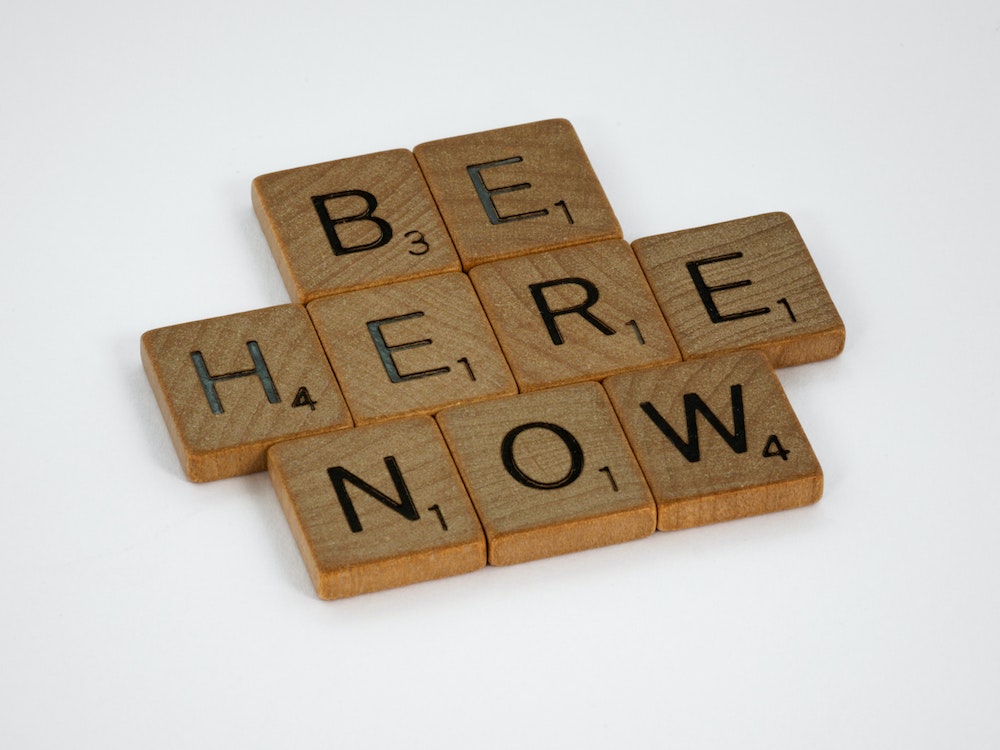
Photo via Unsplash.com
Katy: Well actually, the best and most enjoyable thing is if you were to wake up tomorrow and make the whole day about actually savoring every part of your day, from when you eat breakfast. Notice how it feels to eat that food. If you go outside, what it looks like, what the sounds are. When you put on clothes, how they feel. if you use a set of dishes, use the same dishes for the whole day and really notice how they feel.
Just that exercise kind of wakes you up to how much simplicity can be fulfilling, and where your things come from. Just being aware of the things that we have. That would be my my send off: thanks for listening and be present all day tomorrow!
Kevin: And that is what a way to end this first pilot episode of the podcast Supercharged Green. Katy, I am so grateful you took the time to share with our listeners and and it was just really good to reconnect with you. Have a great week.
You’re invited to
Replace Depressing Media
Subscribe for updates on new posts and curated (good) news.
